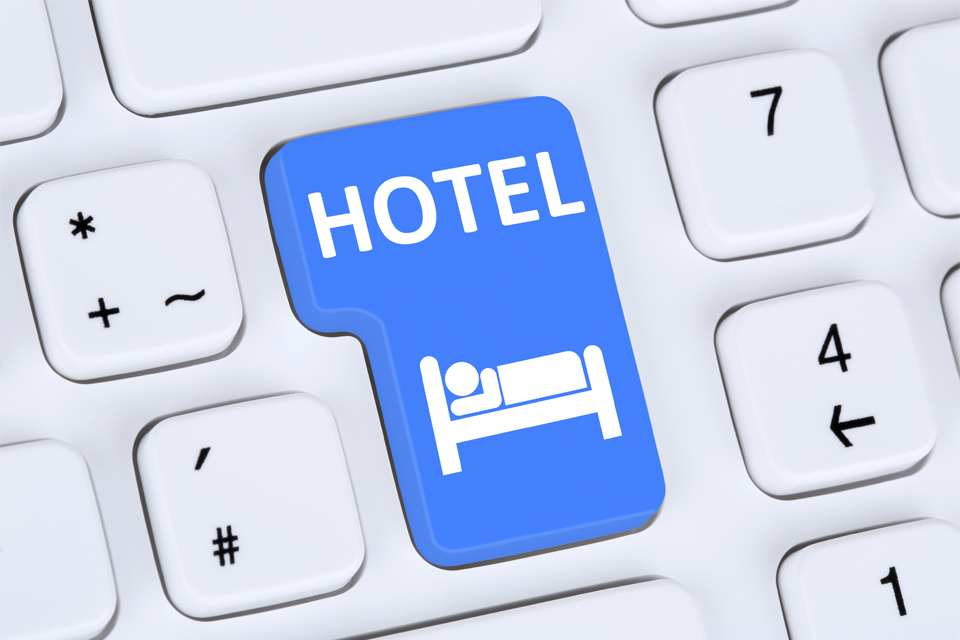Setting prices on online travel agents
Published 5 July 2017

hotel button on keyboard
Hotels can choose to offer different prices, terms and availability when listing their rooms on online travel agents (OTAs).
What’s changed?
Expedia and Booking.com used to require hotels to guarantee that they would not offer their rooms more cheaply on other OTAs. Since summer 2015, Expedia and Booking.com have changed their policies and no longer impose this requirement.
Expedia and Booking.com also now no longer require hotels to offer them the same or better room availability or conditions as hotels offer to other OTAs.
What does this mean for hotels?
Hotels can choose to offer a lower price on other OTAs than they offer on Expedia and/or Booking.com
Hotels can also decide to offer other OTAs better availability or conditions (such as room extras or ‘breakfast included’) than on Expedia and/or Booking.com.
Other things you should know
Expedia and Booking.com have also committed to allow hotels to offer lower prices in “offline” marketing channels than their prices on OTAs (provided that such “offline” rates are not published or marketed online by hotels).
In other words, hotels can offer any price they wish to customers in person, by telephone, direct email or through private closed-user groups (for example hotel loyalty groups).
However, OTAs, including Expedia and Booking.com, may still have clauses in their contracts which stop hotels charging lower prices on a hotel’s own website than they offer through OTA websites.
Hotels should be aware of the points above when they are negotiating terms with OTAs.
Why is this important?
Hotels are using online sales channels more and more. It is important that hotels are aware of their ability to set different prices on OTAs.
To find out more, see the CMA’s case page: Monitoring of pricing practices in hotel online booking
These materials do not constitute legal advice and should not be relied upon as such.

